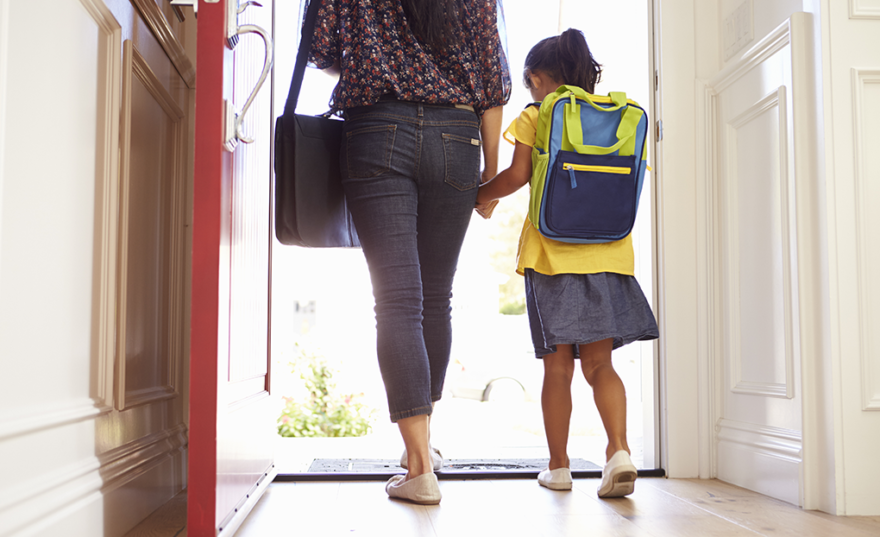Data from a new study show that parenting behaviour and affect improved after completing a dyadic parent–child treatment for depression in young children (aged 3-6 years). The treatment, known as Parent-Child Interaction Therapy Emotion Development (PCIT-ED), comprises three main elements: (1) child-directed interaction (CDI), in which parents learn to interact positively with their child without criticizing or responding negatively; (2) a parent-directed interaction (PDI) that teaches parents how to use nurturing but firm, limit-setting techniques; and (3) emotion development (ED), in which parents learn to enhance their child’s emotional competence and regulation. PCIT-ED usually comprises six sessions of CDI, six sessions of PDI, and then eight sessions of ED.
In their latest analysis published in the Journal of Child Psychology and Psychiatry, Diana Whalen and colleagues harnessed data from a previous randomized controlled trial (RCT) of PCIT-ED (Luby 2018). Here, they evaluated self-reported and observed parenting in 114 parent–child dyads after treatment and compared the findings to outcomes in 115 waitlist control dyads. Parents who received the PCIT-ED intervention showed greater reductions in self-reported negative parenting behaviours and observed negative affect, and greater increases in self-reported positive parenting behaviours and observed positive affect, compared to the waitlist control group. Interestingly, the level of coherence between self-reported and observed parenting was greater in the treatment group.
When interpreting these findings, we should be mindful of a few study limitations. First, the RCT used a waitlist control rather than an active control treatment, so placebo effects cannot be ruled out. Second, the study sample was predominantly white and of a relatively high socioeconomic status, so findings may not generalise to other populations. Third, child and dyadic interactions were not considered, and these may be equally important. However, a great strength is the combination of both self-report and observational assessments, which helped to ensure that the analyzed data were robust and valid.
Whalen et al. conclude that based on both self-report and observed interactions, PCIT-ED is effective in improving parent interactions with young children who have depression. They hope that future studies will now focus on investigating which aspects of parenting might be most relevant to improving depressive symptoms in children.
Referring to
Whalen, D., Gilbert, K.E. & Luby, J.L. (2020), . J. Child Psychol. Psychiatr. doi: 10.1111/jcpp.13263.
References:
1Luby, J.L. et al. (2018), A Randomized Controlled Trial of parent-child psychotherapy targeting emotion development for early childhood depression. Am. J. Psychiatry. 175, 1102–1110. doi: 10.1176/appi.ajp.2018.18030321
Glossary:
Randomized controlled trial: an experimental setup whereby participants are randomly allocated to an intervention/treatment group or a control/placebo group; randomization of participants occurs after assessments for eligibility, and is used to minimize selection bias.
